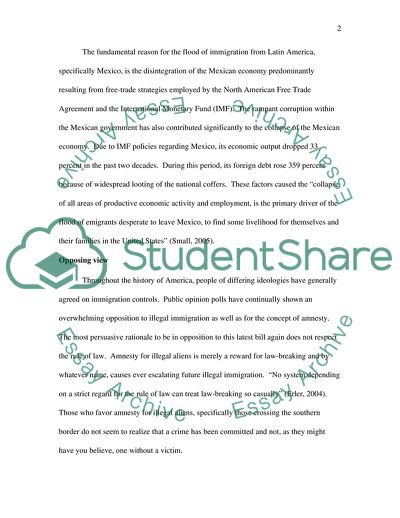Cite this document
(American Government and Immigration Policy Term Paper, n.d.)
American Government and Immigration Policy Term Paper. Retrieved from https://studentshare.org/law/1712316-american-governement-immigration-policy
American Government and Immigration Policy Term Paper. Retrieved from https://studentshare.org/law/1712316-american-governement-immigration-policy
(American Government and Immigration Policy Term Paper)
American Government and Immigration Policy Term Paper. https://studentshare.org/law/1712316-american-governement-immigration-policy.
American Government and Immigration Policy Term Paper. https://studentshare.org/law/1712316-american-governement-immigration-policy.
“American Government and Immigration Policy Term Paper”, n.d. https://studentshare.org/law/1712316-american-governement-immigration-policy.


